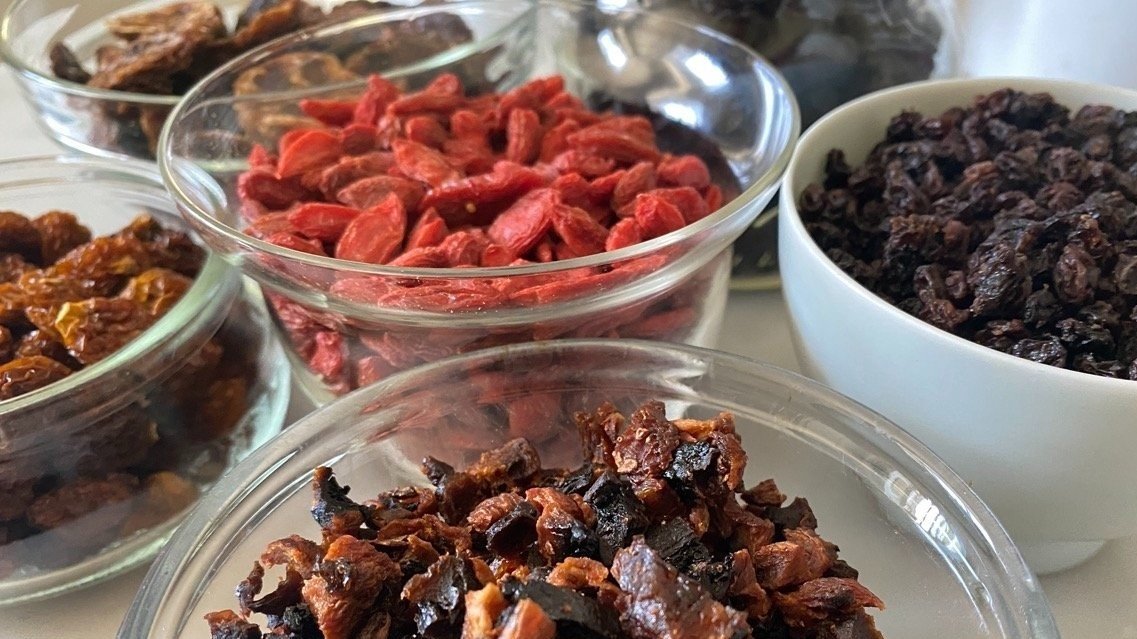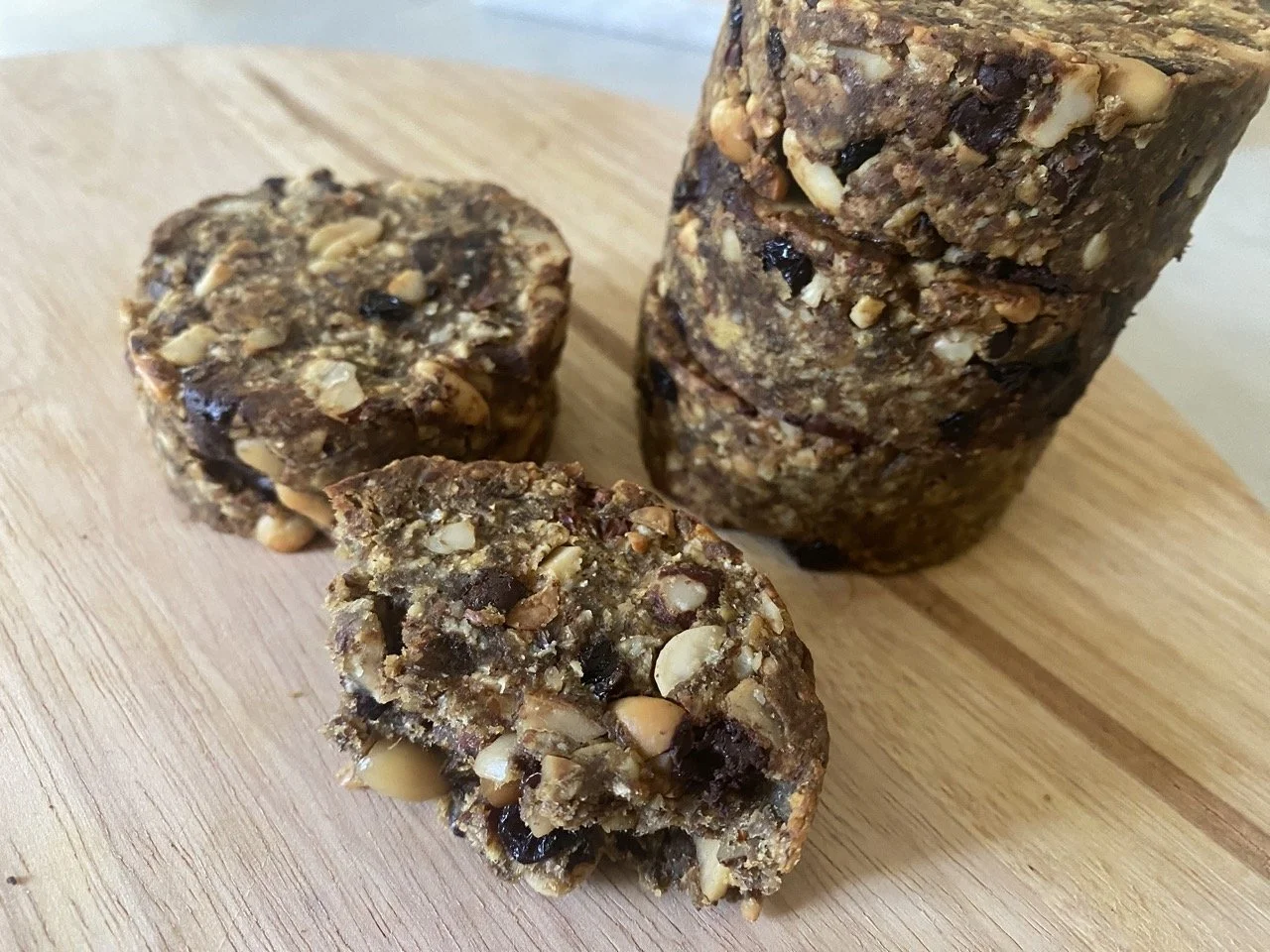Change your taste~change your health
In a world where sugar is added to everything from cereal to salad dressing, making the switch to fruit-sweetened foods is one of the most impactful changes you can make for your health. Unlike refined sugars and engineered sweeteners, fruit-based sweeteners come packaged with fiber, antioxidants, vitamins, and minerals that support your body—rather than stressing it.
Our diets determine the OXIDATIVE STRESS of all our body parts, from the largest organs and brain down to the most microscopic cell.
Rich in fiber: Slows the absorption of sugar, preventing blood sugar spikes.
Loaded with antioxidants: Especially in fruits like dates, figs, blueberries, and cherries.
Provides micronutrients: Potassium, magnesium, vitamin C, iron, and more.
Refined sugar? Pure calories with zero nutritional value.
Artificial sweeteners? Zero calories, but no real nourishment—and potential downsides (more below).
Whole Fruit offers Natural Sweetness with Built-In Nutrients
Better Blood Sugar Balance
Fruit sweeteners like dates and bananas contain fiber and phytonutrients that moderate the glycemic effect of their sugars. This helps reduce the risk of insulin resistance, a key factor in type 2 diabetes.
A study published in Nutrients (2019) showed that date consumption did not spike blood glucose significantly in healthy adults, thanks to its fiber and polyphenol content.
Refined sugars (like cane sugar, corn syrup) cause rapid glucose spikes and crashes, leading to fatigue, cravings, and over time, metabolic dysfunction.
Support for Gut Health
Fruit sweeteners naturally contain prebiotic fibers—especially in bananas and dates—that feed the beneficial bacteria in your gut.
A healthy gut microbiome influences not only digestion but also immune function, mood, and inflammation.
Refined sugars, on the other hand, can disrupt the gut microbiome by encouraging the growth of harmful bacteria and yeast (like Candida albicans).
Lower Risk of Chronic Disease
High intake of refined sugar has been consistently linked to an increased risk of:
Obesity
Type 2 diabetes
Heart disease
Fatty liver disease
Swapping in fruit-based sweeteners can help reduce these risks while supporting overall health.
In contrast, some engineered sweeteners (like aspartame, sucralose, and acesulfame-K) are under scrutiny for their potential effects on gut bacteria, insulin sensitivity, and even neurological health, though research is still evolving.
More Satisfying & Less Addictive
Whole fruits and fruit-sweetened foods tend to be more satiating than ultra-sweet processed products because they contain volume (fiber and water) and natural complexity in flavor.
Refined sugar stimulates the brain’s reward center aggressively and repetitively, which can lead to sugar dependence. Fruit’s natural sweetness is gentler, reducing the likelihood of overconsumption.
Fruit to Bake with
Date paste or syrup – high in potassium, polyphenols, and fiber
Mashed banana – rich in prebiotics and vitamin B6
Dried fruits sweet and nutrient-rich, use in moderation and without sulfur
📝 Tip: Always check for added sugars or sulfites in packaged fruit products. Go for unsweetened and organic when possible.
Conclusion: Choose Sweetness that Nourishes
Opting for fruit-sweetened foods is not just about avoiding the dangers of refined sugar—it's about choosing a form of sweetness that comes with built-in benefits: antioxidants, fiber, and nutrients that support your metabolism, gut, heart, and mind.
It's a simple but powerful upgrade that turns dessert into functional nutrition.



